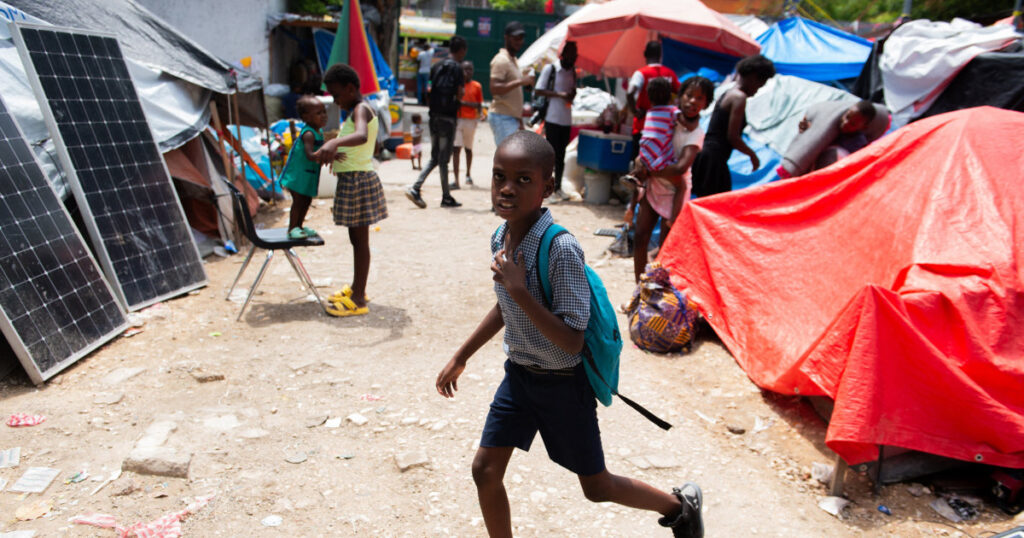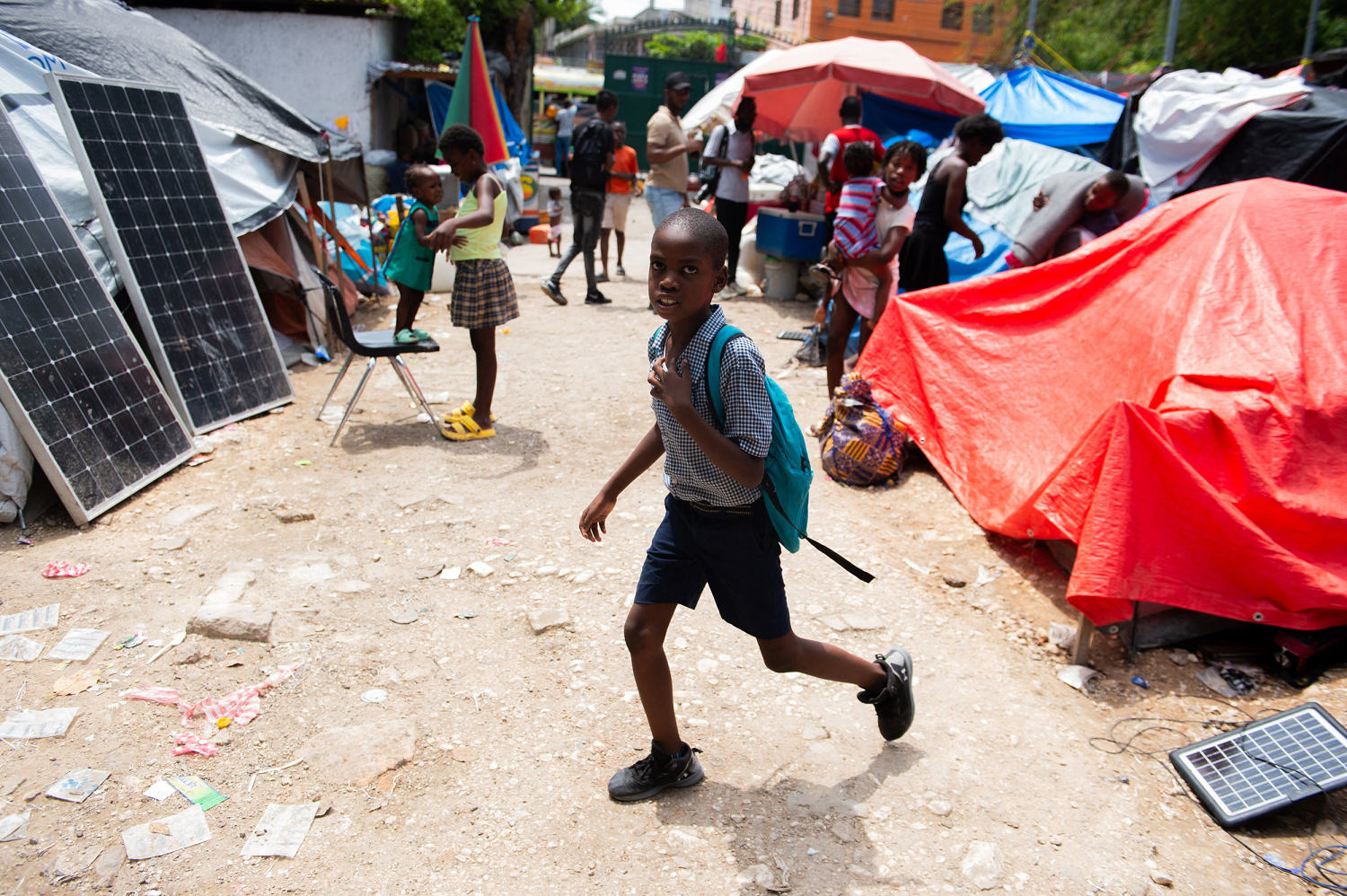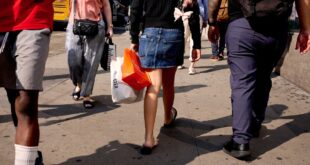

U.S. Homeland Security Secretary Kristi Noem will end deportation protections for half a million Haitians, the latest move by the Trump administration to strip migrants of legal status as it ramps up deportations.
Noem, who shortened the duration of Temporary Protected Status, or TPS, for some 521,000 Haitians earlier this year, will terminate the status on September 2, the U.S. Department of Homeland Security said.
President Donald Trump, a Republican, has sought to crack down on both legal and illegal immigration during the first four months of his presidency. Noem, who shares Trump’s hardline stance, moved in February to end TPS for some 350,000 Venezuelans, as well as thousands of people from Afghanistan and Cameroon.
The Supreme Court ruled on May 19 that the Trump administration could proceed with ending TPS for those Venezuelans, signaling that other terminations also may be permitted to move forward.
The court in a separate order on May 30 said that the administration could immediately revoke a separate status known as parole for Cubans, Haitians, Nicaraguans and Venezuelans.
TPS — a humanitarian program created by the U.S. Congress in 1990 — is available to people whose home country has experienced a natural disaster, armed conflict or other extraordinary event. Two months before the status expires, the homeland security secretary must determine whether to renew it, expand it to include new arrivals from the country, or terminate it.
“People think TPS is a free pass, but it’s not,” Abigail Desravines, a 35-year-old Haitian immigrant who came to the U.S. following the earthquake, told NBC News earlier this year. “You have to keep renewing, pay fees and live with the fear that it could end at any time. It’s not an easy path.”
Trump sought to wipe out most TPS enrollment during his first term but was stymied by federal courts.
In a statement, a DHS spokesperson said conditions in Haiti would now allow people to return but did not explain what exactly had changed to lessen the risk.
“The environmental situation in Haiti has improved enough that it is safe for Haitian citizens to return home,” the spokesperson said.
Advocates argue that the conditions in Haiti warrant extending the relief. The country has not held an election in nearly a decade. Since the assassination of President Jovenel Moïse in 2021, armed gangs have gained control over much of Port-au-Prince, creating a power vacuum that has made governing a challenge and fueled further violence, homelessness and starvation.
More than 5,600 people were killed and 1,400 were kidnapped amid gang conflicts last year, according to the United Nations. The violence has rendered 1 million people homeless in Haiti, forcing many into makeshift shelters and exacerbating the country’s economic challenges.
Despite the dire conditions, the Trump administration has frozen some funding earlier pledged to support a U.N.-backed mission in Haiti.
 Latest World Breaking News Online News Portal
Latest World Breaking News Online News Portal






